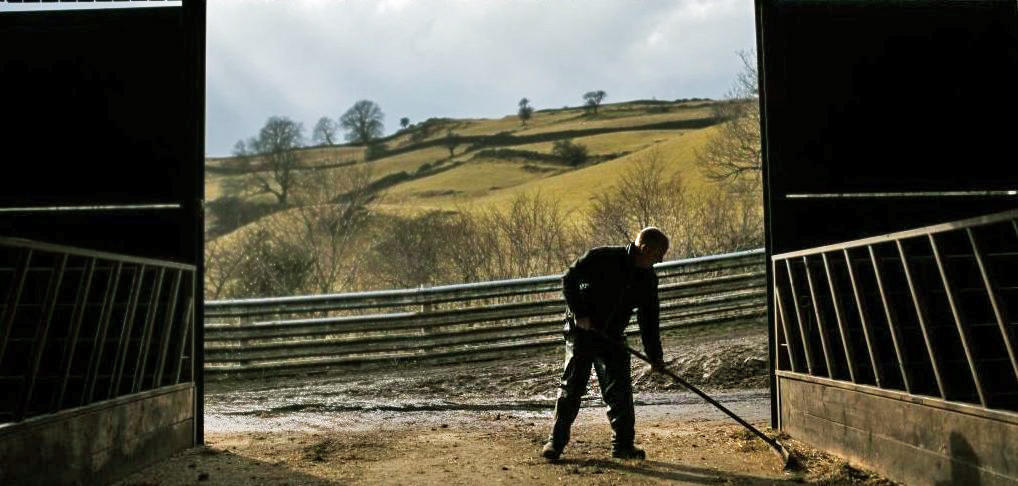As companies begin to settle, post-pandemic, into new rhythms — which will include ongoing remote working — many people are asking if they really need to remain in cities. A new book published this week argues that this might have benefits beyond individual lives.
Uprooted by Grace Olmstead sits in the tradition of great poet and environmental essayist Wendell Berry. Olmstead muses on her childhood in Idaho farming country, and the impact of the many people, like her, who have left it behind.
It is in part a polemic against the impact of the practices of global agribusiness on soil, and an urgent plea for a return to small scale, diverse, locally appropriate farming which invests in the health of the land for future generations.
She writes persuasively about the biological reality which means that long term plant roots, local organic matter like compost, and techniques like “no-till” which leave the soil undisturbed are essential if the mid-west is to avoid another Dust Bowl-level environmental disaster.
At the same time, she develops the parallel metaphor about human unrootedness: the way the rural brain drain pushes prosperity towards urban centres and disconnects much of the population from the land, sources of their food, and the communities that raised them. She fears that “as those of us who grew up in the soil of our small towns leave, we remove the material that should have remained, that would have resulted in hope and nourishment for the next generation.”
Olmstead acknowledges the forces behind these moves, the ways that promising children are told they will “go far”, a framing that equates success and status with mobility and transience. She is also no tribal xenophobic, acknowledging that newcomers to rural regions, driven by deprivation or policy, can be beneficial for the land or communities.
She lands the book with four categories of people: the mobile (‘Boomers’ in Berry’s language, or ‘anywheres’ in David Goodhart’s); the stuck, who never had a choice to leave and face the worst effects of hollowed out communities; the rooted, who choose to stay and seek to nourish the soil of their communities; and the returners, who follow the well-trodden, high status path away, but eventually feel the pull of home. These too can be nourishing.
Nothing, post-pandemic, seems certain. But at least in some industries new working practices look likely to spark a wave of rural “returners”. If they pick their place not just for the house prices or transport links, and not for the short term as rootless digital nomads, it could be an essential injection of “organic matter” to the soil of communities that have continually been churned up and left bare.











Join the discussion
Join like minded readers that support our journalism by becoming a paid subscriber
To join the discussion in the comments, become a paid subscriber.
Join like minded readers that support our journalism, read unlimited articles and enjoy other subscriber-only benefits.
Subscribe